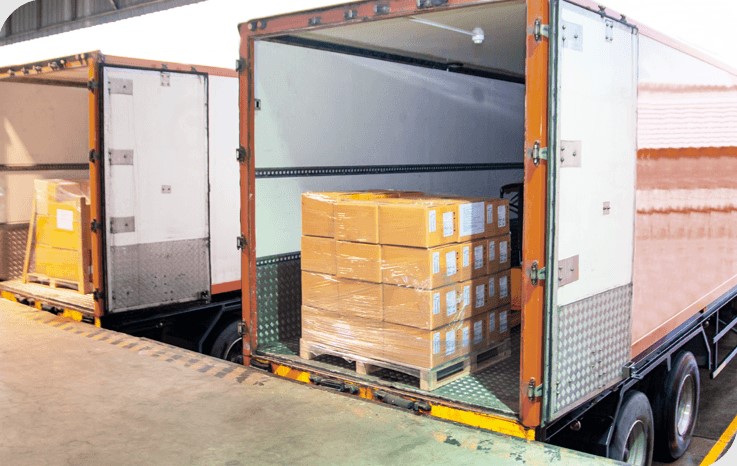LTL shipment can be more expensive than you expect because of additional fees. How to avoid them? And what forms the price?
How the price is formed?
The cost of LTL shipment depends on the distance and weight of the freight. But the pricing doesn’t take into consideration carriers’ tariffs. Cargo senders deal with tariffs when they send different kinds of freight. Such prices are different in various spheres and are relevant for a certain time. The cost of shipment is affected by the kind of cargo. Parameters that impact the price are the following:
- Freight sizes and weight;
- Peculiar features that must be taken into account while shipping (perishable or fragile items);
- Extra services.
Even when the tariffs are set, cargo senders can’t calculate the exact price on their own. In most cases, the cost is higher than it must be. Why? And what to do?
Increasing the cost: 4 reasons
- Extra fees. Maybe the cost is higher because of the extra services you need. Some extraordinary cases or unusual situations can lead to cost increases. The carriers spend more time and money and increase prices to compensate for these expenditures. You face higher costs for:
- A lift gate that helps to put up the cargo into a truck;
- Delays and time of waiting;
- Reweighting when a carrier needs to check data;
- Limited access when a carrier must choose a suitable truck or extra route planning;
- Loading and unloading operations that the driver performs;
- Overweight freight;
- Dangerous cargo;
- Storage when there are delays and a carrier stores your freight.
- Linear-foot caps. It is a measurement of 12 inches. The limitations determine how much carriers can ship during one run. Such limitations cause the usage of more expensive methods, for example, shipping by trucks.
- Late fees. Some terminals are overloaded. Due to this, cargo senders face delays, damage, and later deliveries. When the goods are delayed, their senders deal with extra expenditures as well as unpleasant customers. Some independent researches show that in 2021 all senders faced delays. The most common reasons are:
- Overloaded hubs;
- Bad-optimized routes;
- Spending time during which carriers fill the whole truck;
- Problems in global chain supplies;
- Limited capacity.
- Damage claims. When the terminals are overloaded, the freight needs extra processing. It means that the risk of damage is higher. Practice shows that freight senders often pay for additional shipments or goods replacement. Speaking more exactly, 78% of freight senders had to pay extra money and replace goods because the first ones were damaged in 2021.

